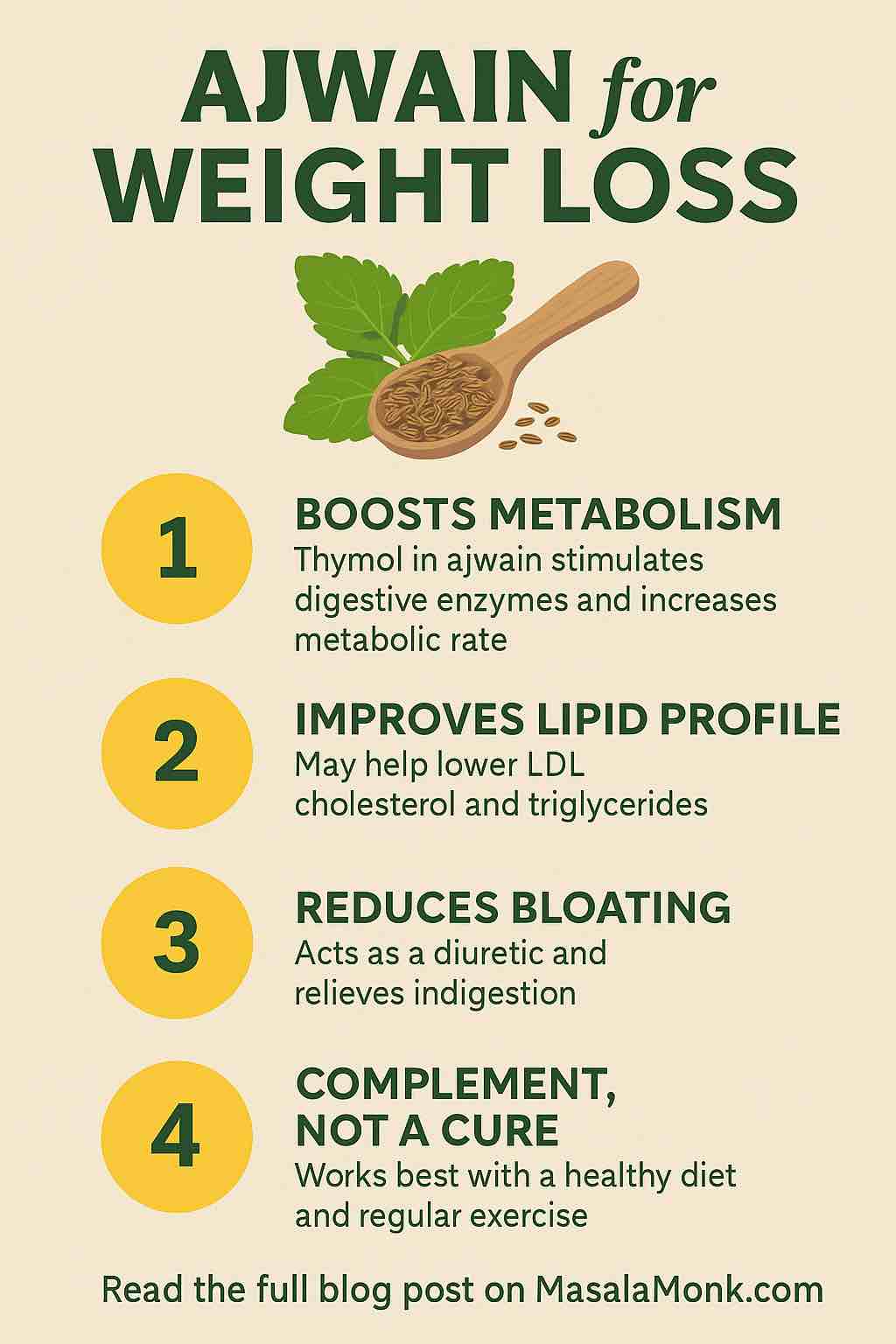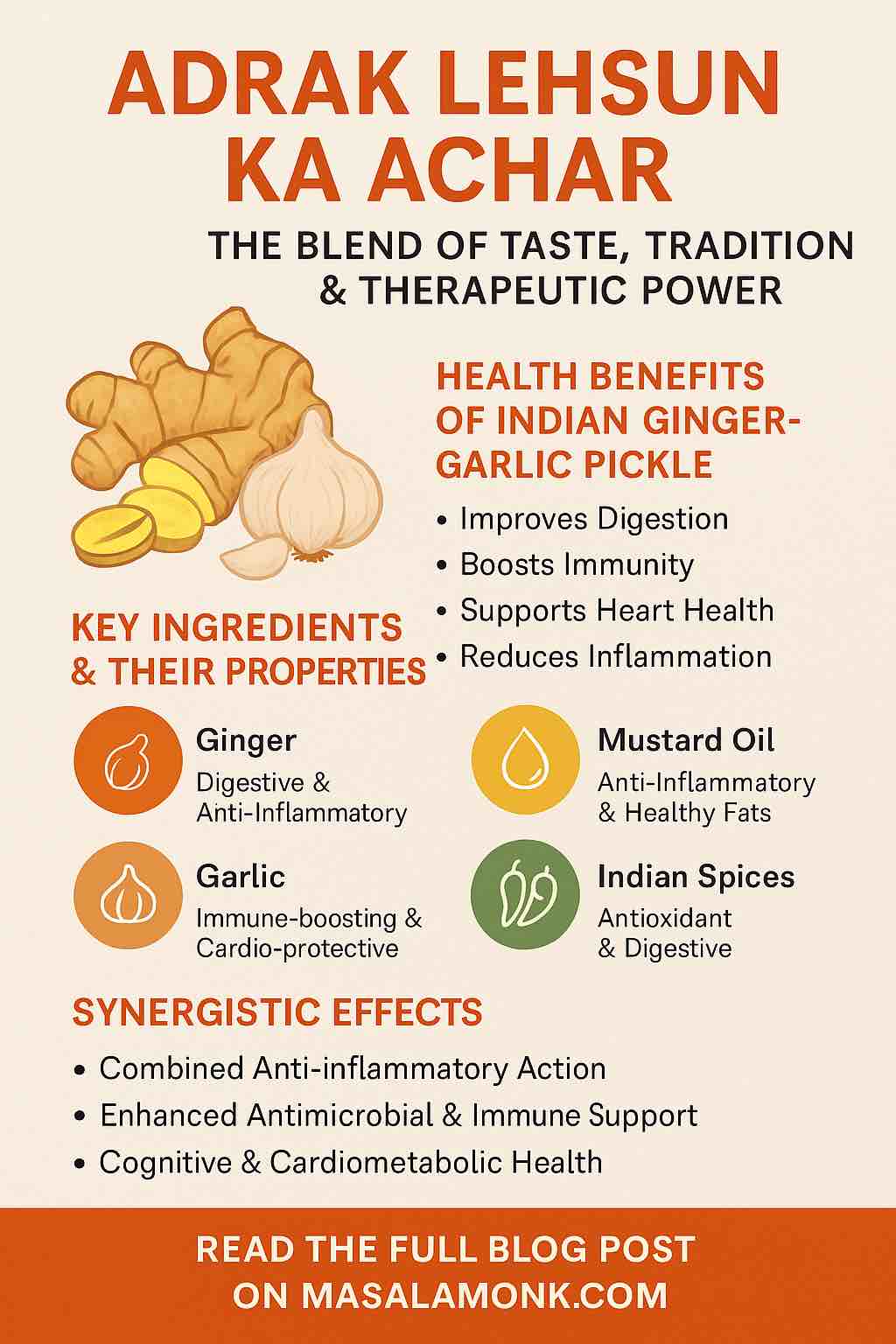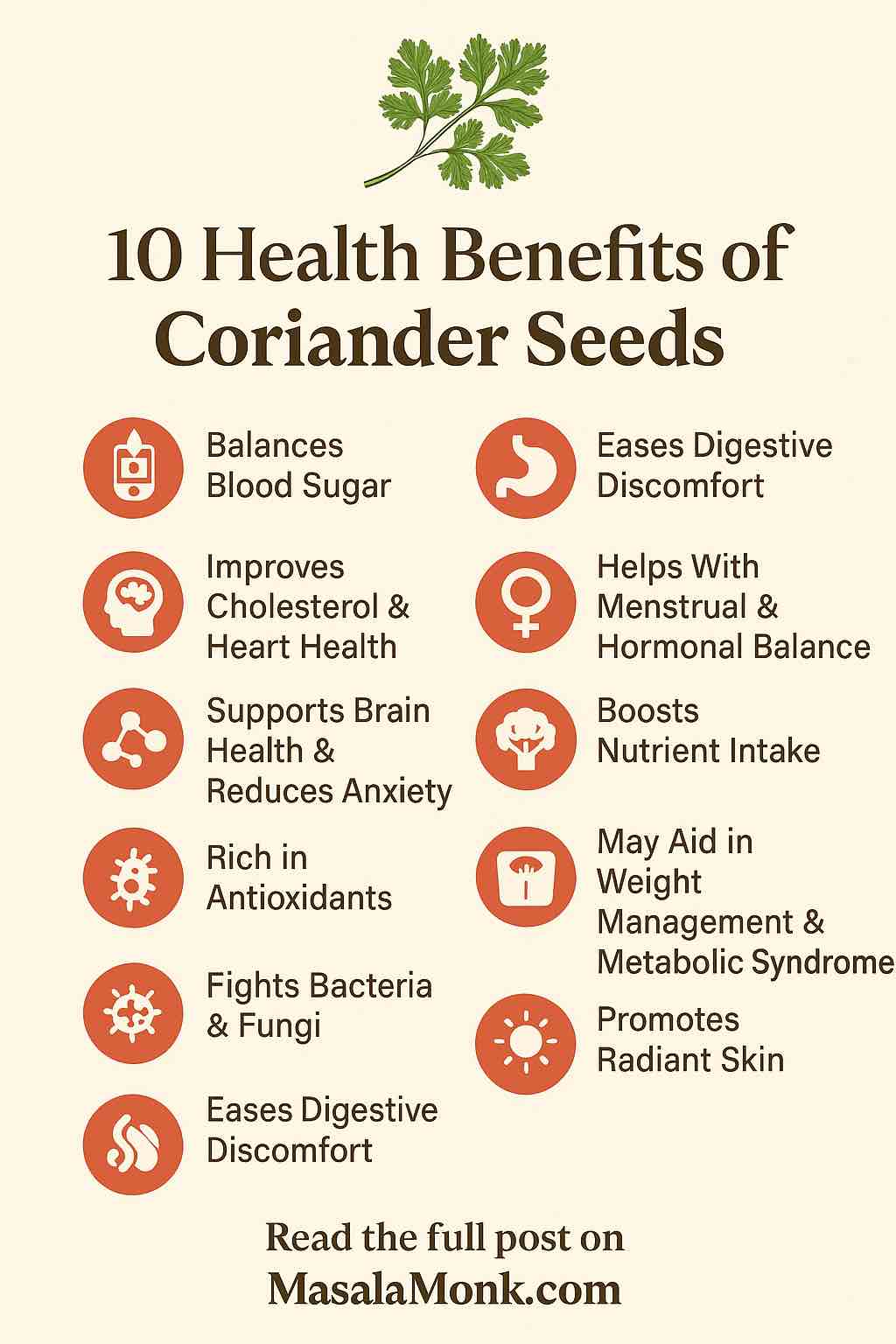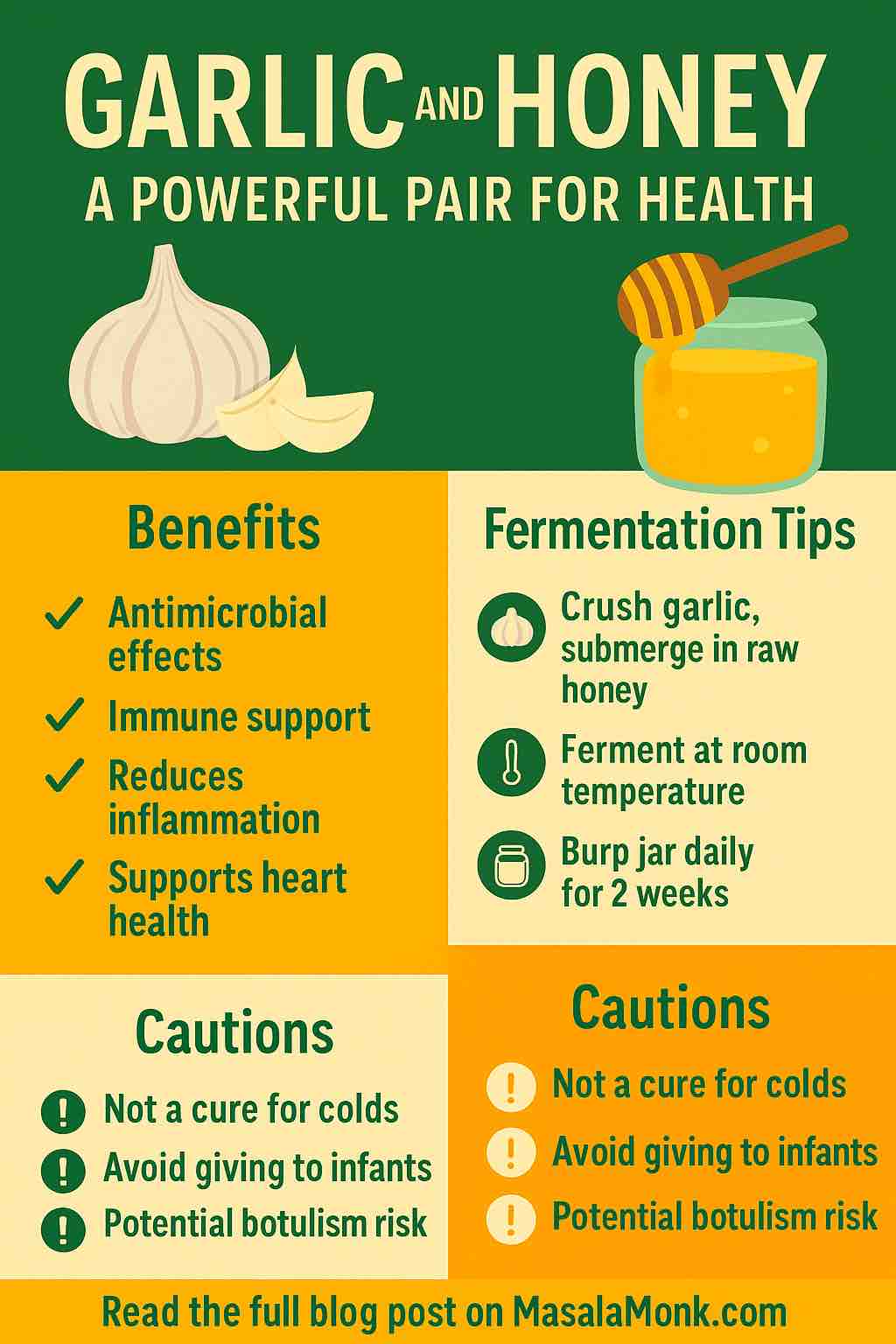
Have you ever felt a burning sensation in your chest or stomach after a meal? You’re not alone! Millions worldwide experience acidity or heartburn, and the discomfort can ruin your day (or night). But here’s the good news: with the right knowledge and simple food choices, you can keep acidity at bay—naturally.
In this post, we’ll break down:
- The real science behind acidity and stomach burning
- Common causes and risk factors
- The latest research on natural foods and remedies
- Practical diet tips, sample meals, and habits for lasting relief
Let’s get started!
What Is Acidity? Why Does Your Stomach Burn?
The Science in Simple Words
Your stomach naturally produces acid to digest food. Problems start when:
- There’s too much acid or it lingers too long,
- The lower esophageal sphincter (LES) (the valve separating your stomach from your food pipe) gets weak,
- Or, acid travels back up into your esophagus (acid reflux).
This can lead to:
- Burning pain in the chest or upper stomach
- Bloating, sour taste, frequent burping
- Occasional nausea or discomfort
Why Does Acidity Happen? Common Causes
- Dietary Triggers
- Spicy, oily, or fried foods
- Chocolate, caffeine, carbonated drinks
- Citrus fruits, tomatoes, vinegar
- Alcohol and mint
- Lifestyle Habits
- Skipping meals or eating late at night
- Large, heavy meals
- Lying down right after eating
- Other Risk Factors
- Obesity or being overweight
- Smoking
- Stress or lack of sleep
- Certain medications (like NSAIDs, some antibiotics)
Quick fact: A study published in 2023 confirmed that high-fat meals and irregular eating habits are among the top culprits for reflux symptoms worldwide. (Source)
Latest Research: Natural Foods That Fight Acidity
Science now supports what your grandma may have said all along: certain foods can truly help soothe your stomach. Here’s what the latest studies (2023–2025) reveal:
1. High-Fiber Foods
- Oats, brown rice, barley: Form a protective layer and absorb acid.
- Bananas, apples, melons: Their alkaline nature helps neutralize acid.
Research highlight: Diets rich in fiber and complex carbs reduce acid reflux episodes by up to 30% in recent clinical studies.
2. Ginger
- Natural anti-inflammatory, speeds up stomach emptying.
- 2023 RCT: 1080 mg/day ginger supplement led to significant reduction in stomach burning.
Tip: Sip on fresh ginger tea or add grated ginger to meals.
3. Yogurt & Probiotics
- Yogurt with live cultures can soothe the stomach lining and improve digestion.
- Probiotic foods restore healthy gut bacteria, lowering inflammation and acidity.
4. Leafy Greens and Vegetables
- Spinach, broccoli, kale, carrots, and cucumbers are alkaline, gentle on the stomach, and packed with antioxidants.
5. Almonds and Healthy Fats
- Unsalted almonds can buffer stomach acid; healthy fats like avocado (in moderation) support healing.
6. Herbal Helpers
- Chamomile Tea: Calms the stomach and mind—ideal before bed.
- Aloe Vera Juice (unsweetened): Can reduce heartburn, but start with small amounts.
Foods & Habits to Avoid (Backed by Research)
- Spicy, fried, or fatty foods
- Citrus fruits (oranges, lemons), tomatoes, onions, garlic
- Chocolate, caffeine (coffee, cola, tea), mint
- Alcohol, carbonated drinks
- Heavy meals or eating right before lying down
2024 studies show that cutting down on these foods results in noticeable symptom relief for most chronic reflux sufferers.
Smart Habits for a Calm Stomach
- Eat Smaller, Frequent Meals:
Overloading your stomach triggers more acid. Smaller meals are easier to digest. - Don’t Lie Down After Eating:
Wait at least 2–3 hours before bedtime. - Stay Upright & Chew Slowly:
Chewing well and eating mindfully aids digestion and lessens reflux risk. - Hydrate—but Smartly:
Drink water between meals, not with food, to avoid diluting digestive enzymes. - Track Your Triggers:
Keep a simple food diary for 1–2 weeks. Note what foods or habits worsen your symptoms—then tweak your routine.
Sample Day: Acidity-Soothing Meal Plan
Breakfast
- Oatmeal with sliced banana and a handful of almonds
- Herbal tea (ginger or chamomile)
Mid-Morning Snack
- Sliced apple with plain yogurt
Lunch
- Steamed rice with sautéed spinach, carrots, and grilled chicken or tofu
Afternoon
- Cucumber sticks and a small bowl of papaya
Dinner
- Lentil soup with brown rice and steamed broccoli
- Warm chamomile tea
Avoid spicy pickles, heavy sauces, and late-night snacks!
When to See a Doctor
If you experience:
- Frequent vomiting, difficulty swallowing, unexplained weight loss
- Blood in vomit or stool
- Heartburn more than twice a week, not relieved by lifestyle changes
Don’t ignore these signs—see a gastroenterologist for a full check-up!
Takeaway: Simple, Science-Backed Steps to Beat Acidity
- Focus on high-fiber, alkaline foods and mindful eating habits.
- Keep a diary and tweak your routine based on your triggers.
- Try herbal teas (ginger, chamomile) and probiotics.
- Avoid your main dietary and lifestyle triggers.
- Consistency is key: One healthy meal won’t fix everything—make it a daily practice!
Have a tip or favorite home remedy? Share it in the comments! Or let us know if you’d like a customized meal plan or more research breakdowns.
FAQs on Acidity and Burning Sensation in the Stomach
1. What exactly is acidity, and how is it different from heartburn or acid reflux?
Answer:
Acidity refers to excess acid production in the stomach. When this acid moves up into the esophagus, it causes heartburn—a burning sensation behind the breastbone. Acid reflux is the process of stomach acid flowing backward into the esophagus; GERD is its chronic, severe form.
2. Which foods should I absolutely avoid if I have frequent acidity?
Answer:
Common triggers include spicy foods, fried and fatty foods, citrus fruits, tomatoes, chocolate, coffee, carbonated drinks, alcohol, and peppermint. Everyone is different, so keep a food diary to track your personal triggers.
3. Are there any quick home remedies that can relieve burning sensation in the stomach?
Answer:
Yes. Sipping on ginger or chamomile tea, chewing a few fennel seeds (saunf), or drinking a glass of cold, plain milk can provide temporary relief. However, these are not substitutes for long-term dietary management.
4. Is it safe to take herbal supplements like ginger, licorice, or aloe vera for acidity?
Answer:
Research supports moderate use of ginger (up to 1–1.5 g/day), deglycyrrhizinated licorice (DGL), and aloe vera syrup for symptom relief. Always consult your doctor before starting supplements, especially if you have other health conditions or take medications.
5. Can acidity be cured permanently with diet and lifestyle?
Answer:
Many people achieve lasting relief with consistent healthy eating, weight management, and lifestyle changes. However, some may still need medications or further evaluation for underlying causes.
6. Are probiotics effective for reducing acidity and heartburn?
Answer:
Yes. Probiotic foods like yogurt with live cultures can help balance gut bacteria and reduce inflammation, potentially easing symptoms for some people.
7. How soon after eating should I lie down or sleep?
Answer:
Wait at least 2–3 hours after meals before lying down or sleeping to reduce the risk of acid reflux.
8. Can children and pregnant women follow these natural remedies and food tips?
Answer:
Yes, most of the foods and habits discussed (high-fiber, low-fat, mild foods, smaller meals) are safe for all ages. However, herbal supplements should be used cautiously and only under medical guidance for children and pregnant women.
9. When should I see a doctor for acidity or burning stomach symptoms?
Answer:
See a doctor if you have frequent or severe symptoms, trouble swallowing, unexplained weight loss, persistent vomiting, blood in vomit or stool, or if over-the-counter measures don’t help.
10. Do stress and lack of sleep make acidity worse?
Answer:
Yes. Research shows stress and poor sleep can worsen acidity and reflux symptoms by affecting digestion and hormone levels. Managing stress and ensuring restful sleep are important for symptom control.













